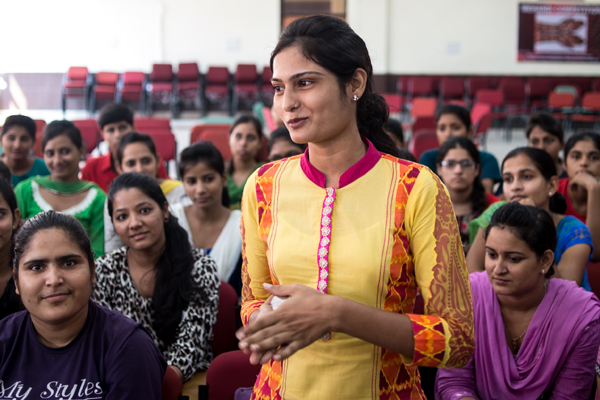CSR programmes successfully addressing mobilisation
Related Articles
Survey Reveals Insights on Children’s Use of AI in Education
The AI Impact Summit 2026 took place in New Delhi, unveiling the increasing integration of generative artificial intelligence (GenAI) into the learning routines of...
सुपर-8 में भारत की तैयारी, नीदरलैंड्स के खिलाफ जीत का चौका लगाने भिड़ेगी टीम
सुपर-8 में जगह बना चुकी भारतीय टीम बुधवार को दुनिया के सबसे बड़े नरेंद्र मोदी क्रिकेट स्टेडियम में अंतिम लीग मुकाबले में नीदरलैंड्स के...
JEE Main 2026 Results: Odisha Twins Achieve Identical Scores, Target IIT Bombay
The National Testing Agency (NTA) has declared the results for the JEE Main 2026 Session 1 examination, revealing an extraordinary coincidence among the qualified...


